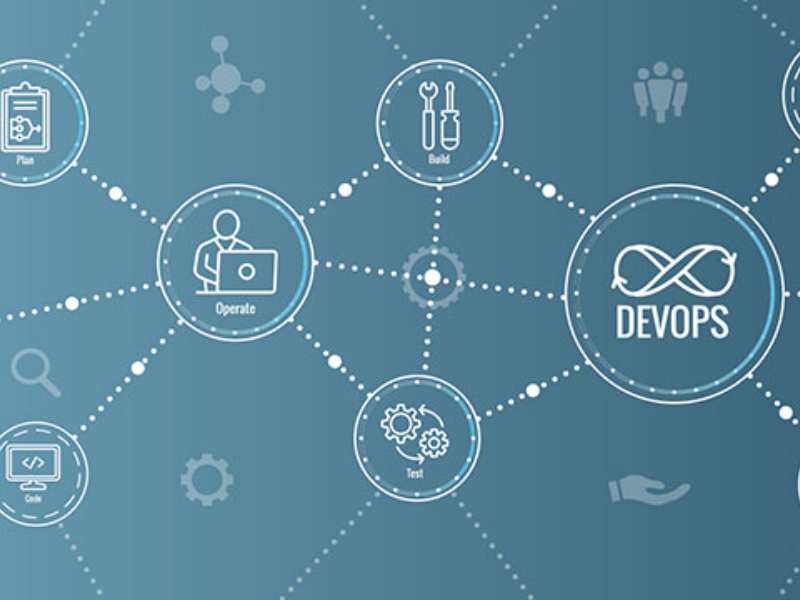Step into the future with AIRA CONNECT's custom mobile application development, tailored for the diverse needs of the automotive industry. From EV to Non-EV platforms and IoT integration, our Android and iOS solutions are designed to cater to your unique business requirements.
Cross-platform compatibility for diverse automotive needs
User-centric design and UX tailored for automotive users
Advanced security features to safeguard automotive data
Scalable architecture supporting industry growth

Addressing challenges like user engagement, data security, and cross-platform functionality in the automotive sector, AIRA CONNECT specializes in developing high-performance mobile applications that foster growth and innovation in both EV and Non-EV markets.
Personalized User Experiences: Creating custom journeys for diverse automotive users.
Enhanced Operations: Streamlining automotive operations through seamless IoT integration.
Robust Security: Implementing strict protocols to protect sensitive automotive data.

Visual use cases demonstrating the versatility of our applications, including ride-sharing platforms, IoT monitoring apps, and interactive EV customer applications.
User Interface & Experience: Craft an intuitive and engaging user interface with a user experience that reflects your brand's vision and user needs.
Feature Set Development: From basic functionalities to advanced features, we develop a comprehensive feature set that serves your app’s purpose and audience.


Android & iOS Development: Whether your audience is on Android, iOS, or both, we ensure that the app provides a seamless experience across all platforms.
Responsive Design: Guarantee a consistent experience across various devices and screen sizes, enhancing accessibility and usability.
IoT Integration: Integrate with IoT devices and platforms to enable smart connectivity and functionality within your app.
Enterprise System Sync: Ensure that your app works flawlessly with your existing enterprise systems for streamlined operations.


Client-Preferred Technologies: Utilize the tech stack that aligns with your operational environment, whether it's native development tools or cross-platform solutions.
Latest Technologies Adoption: Stay ahead with the latest developments in mobile technology, from AR/VR to AI implementations.
Data Protection: Implement industry-leading security measures to safeguard user data and ensure compliance with regulations.
Ongoing Updates & Maintenance: Provide continuous updates and maintenance to keep the app secure and functional.


Collaborative Development: Work closely with your team to ensure that the final product truly embodies your company's ethos and meets your strategic objectives.
Feedback-Driven Refinements: Incorporate feedback at various stages to refine the app, ensuring it meets your expectations.
React Native: Ideal for cross-platform applications, providing a native-like user experience.
SwiftUI: For iOS applications, it offers modern, declarative syntax and robust performance.
Kotlin: A versatile language for Android app development, known for its safety features and interoperability with Java.
Flutter: Google's UI toolkit for crafting natively compiled applications for mobile, web, and desktop from a single codebase.


Node.js: Great for scalable and fast back-end services, especially for real-time applications.
Ruby on Rails: Known for rapid development, it's suitable for startups and MVPs.
Python with Django: Excellent for applications requiring complex back-end computation and data processing.
Java: A time-tested option offering reliability and a wide range of deployment options.
MySQL: A reliable and widely-used relational database management system.
PostgreSQL: An advanced open-source relational database with an emphasis on extensibility and standards compliance.
MongoDB: A NoSQL database, perfect for applications that require flexible data structures.
Firebase: A NoSQL database service for simpler real-time applications, also providing a suite of cloud services including hosting and authentication.


AWS (Amazon Web Services): Offers a broad set of tools and services for cloud computing needs.
Google Cloud Platform: Integrates with Firebase and provides a robust set of AI and machine learning services.
Microsoft Azure: Provides a wide range of cloud services along with strong support for .NET applications.
Docker: For creating, deploying, and running applications by using containers.
Jenkins: An automation server used for continuous integration and delivery.
Git: Version control system for tracking changes in source code during software development.


OAuth 2.0: For authorization that works well with cloud services.
JWT (JSON Web Tokens): Securely transmitting information between parties as a JSON object.
SSL/TLS: Protocols for establishing authenticated and encrypted links between networked computers.
JUnit and Espresso for Android: For unit and UI testing respectively.
XCTest for iOS: A framework that provides a powerful set of tools for writing and running tests.
Selenium: For automated browser testing, useful for web applications.
